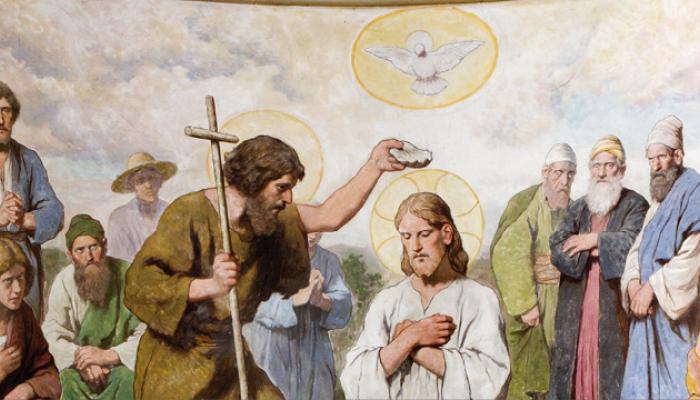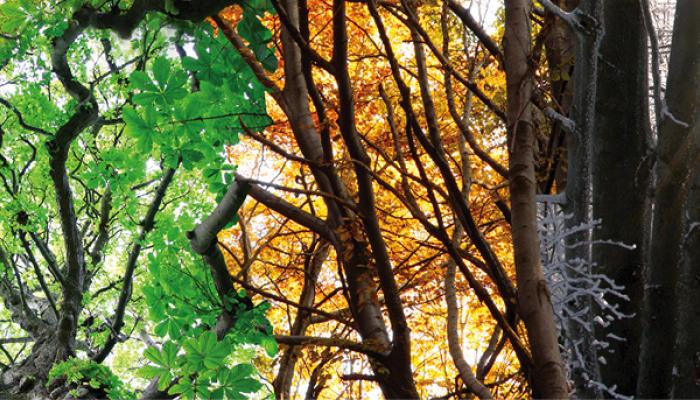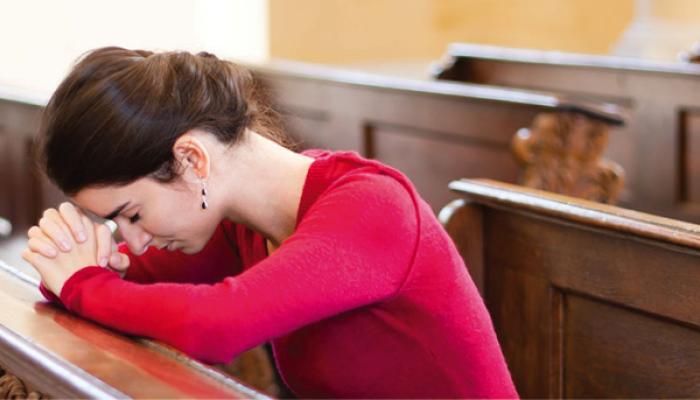
3.26 Does the Church have its own calendar?
The ecclesiastical year begins four Sundays before Christmas, when we celebrate the birth of Jesus. During the ecclesiastical or liturgical year, we share as believers in the most important moments of Jesus’ life. Attention is also devoted to a number of feast-days that honour Mary and other saints.
Sunday is the most important day of the week because Jesus rose from the dead on a Sunday. Therefore we also call it the ‘day of the Lord’. On Sunday all the faithful are asked to come to church, if at all possible, so they can pray together and celebrate the Eucharist.
What is the liturgical year (the Church year)?
The liturgical year, or the Church year, superimposes the mysteries of the life of Christ—from his Incarnation to his second coming in glory—on the normal course of the year. The liturgical year begins with Advent, the time of waiting for the Lord, and has its first high point in the Christmas season and its second, even greater climax in the celebration of the redemptive suffering, death, and Resurrection of Christ at Easter. The Easter season ends with the feast of Pentecost, the descent of the Holy Spirit on the Church. The liturgical year is repeatedly interrupted by feasts of the Lord, Mary and the saints, in which the Church praises God’s grace, which has led mankind to salvation. [Youcat 186]
What is the center of the liturgical season?
The center of the liturgical season is Sunday which is the foundation and kernel of the entire liturgical year and has its culmination in the annual celebration of Easter, the feast of feasts. [CCCC 241]
How important is Sunday?
Sunday is the center of Christian time, for on Sunday we celebrate Christ’s Resurrection, and every Sunday is a miniature Easter.
If Sunday is disregarded or abolished, only workdays are left in the week. Man, who was created for joy, degenerates into a workhorse and a mindless consumer. We must learn on earth how to celebrate properly, or else we will not know what to do in heaven. Heaven is an endless Sunday. [Youcat 187]
The best way to enter into the mystery of salvation made present in the sacred “signs” remains that of following faithfully the unfolding of the liturgical year. Pastors should be committed to that “mystagogical” catechesis so dear to the Fathers of the Church, by which the faithful are helped to understand the meaning of the liturgy's words and actions, to pass from its signs to the mystery which they contain, and to enter into that mystery in every aspect of their lives. [Pope John Paul II, Mane nobiscum Domine, n. 17]





